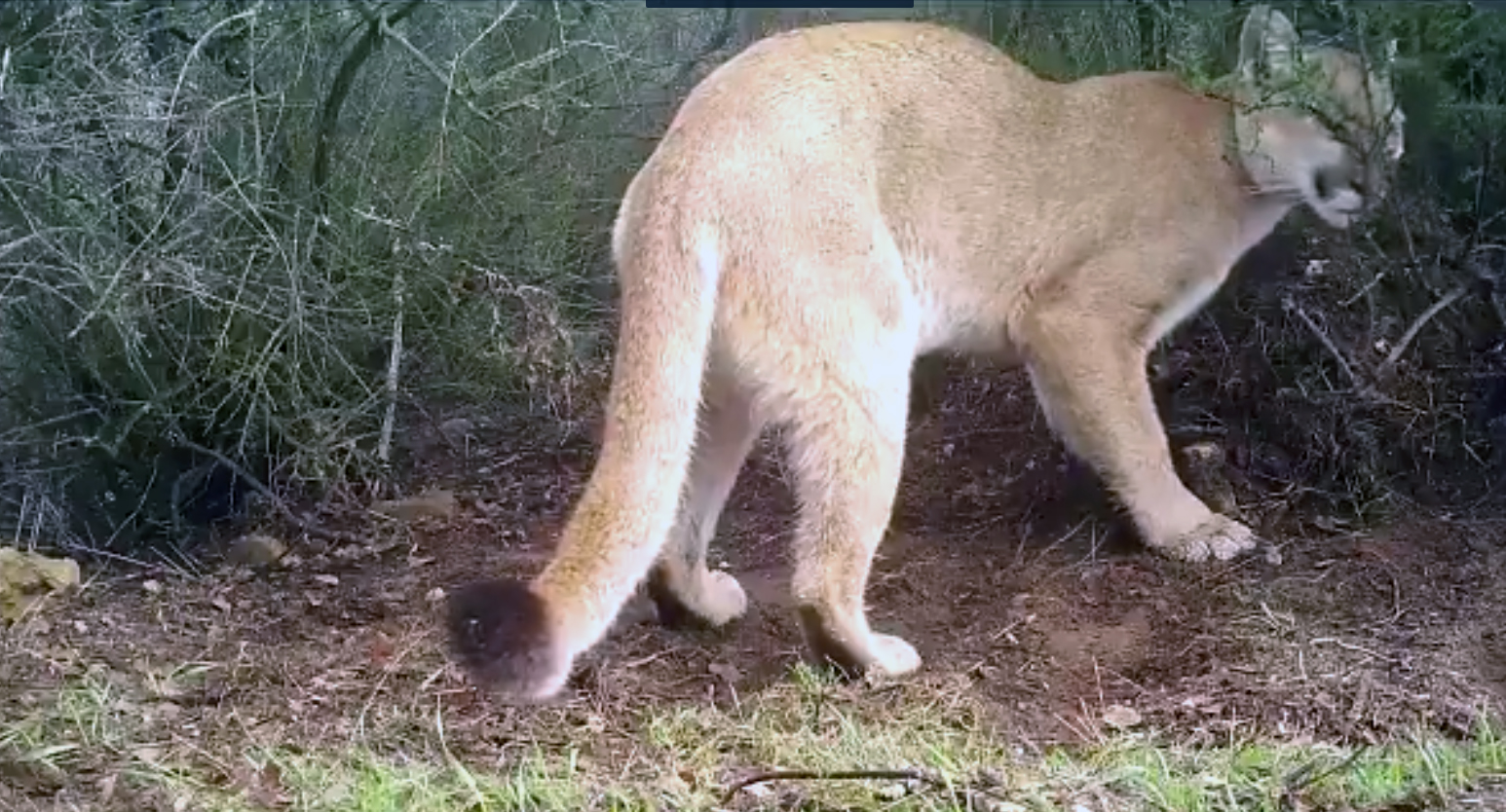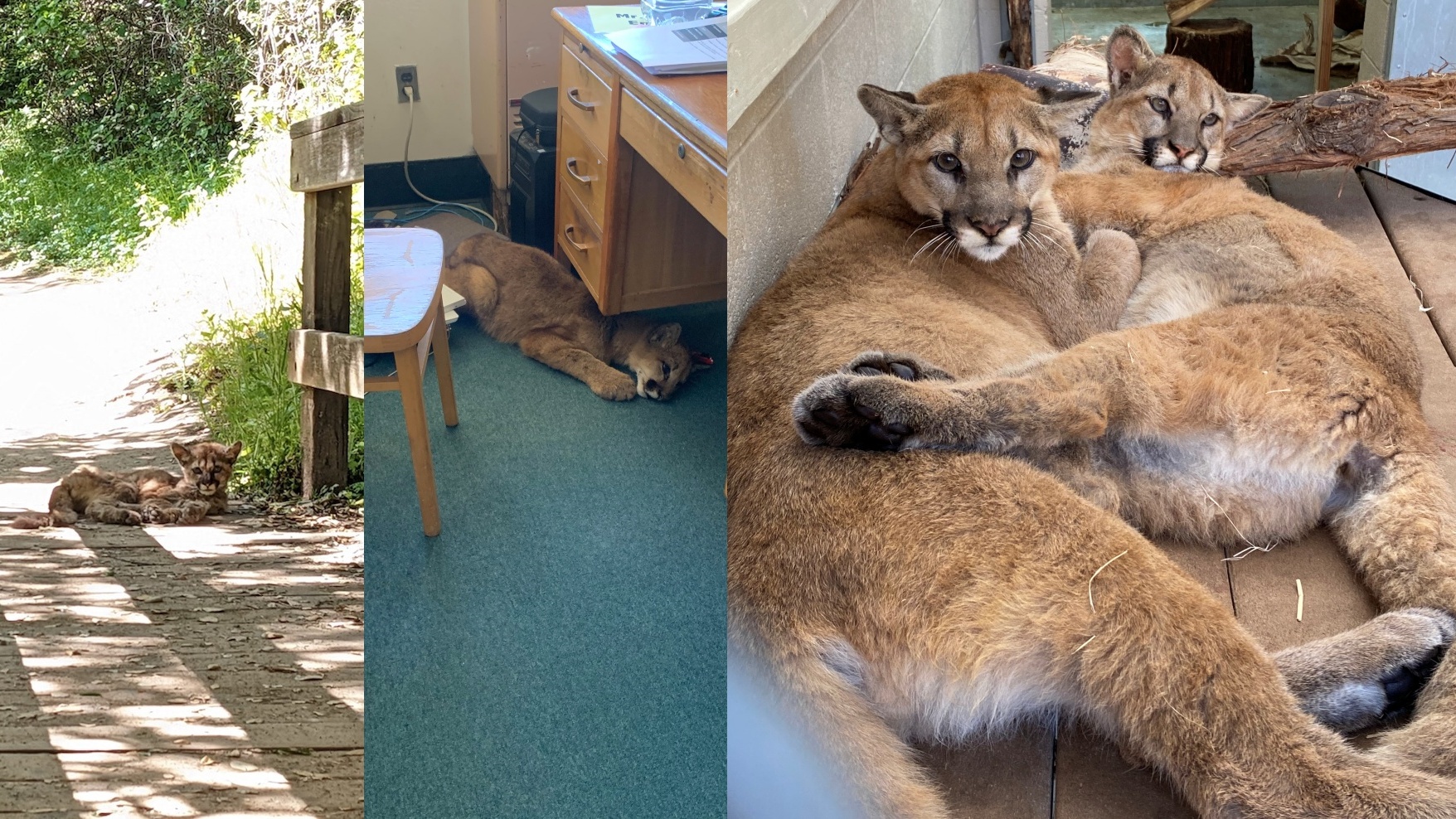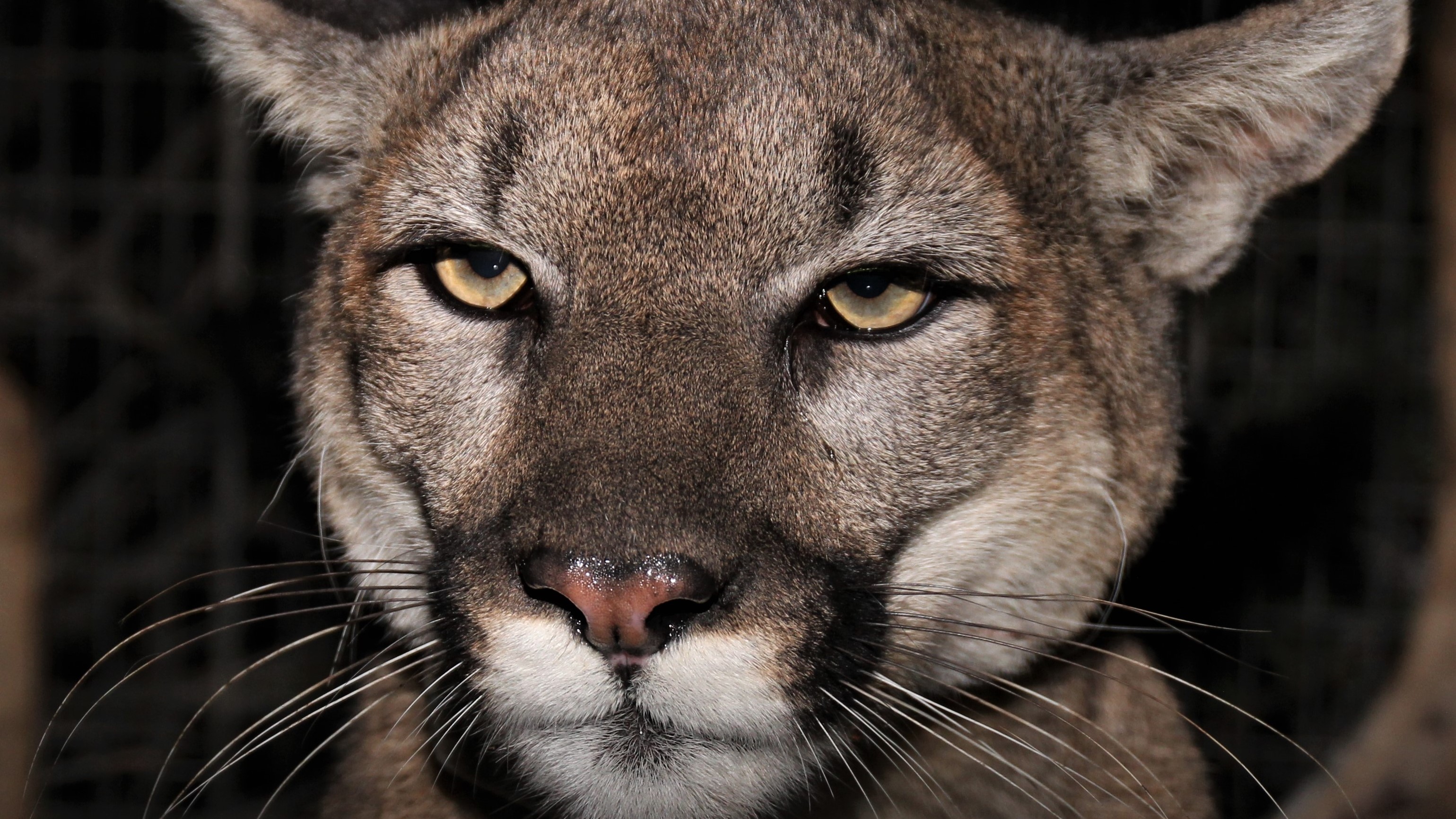A 7-year-old boy was hospitalized and treated for wounds after being attacked by a mountain lion Monday night.
The attack took place just after 7 p.m. at Pico Canyon Park in Stevenson Ranch, according to authorities.
The young boy was with his father at the park playing on a staircase, with his father not too far behind. The father heard a scream and immediately ran toward his son who had been attacked by a mountain lion.
Get top local stories in Southern California delivered to you every morning. >Sign up for NBC LA's News Headlines newsletter.
The screaming likely helped scare the mountain lion away.
The boy was taken to a hospital where medical staff swabbed the wounds to see if there was any DNA from the mountain lion. Those samples were sent to a lab for testing and results are expected to be back sometime Wednesday.
The Department of Fish and Game deployed some members to investigate the area of the attack and look to see if they saw the mountain lion still in the area. The father said the cougar didn’t appear to be wearing a GPS collar from the National Park Service, which tracks and studies big cats in Southern California.
Fortunately, the child's injuries were treatable and he is expected to be OK.
Wildlife officers met with the family at the hospital to learn more details of the attack.
There are about 4,000 to 6,000 mountain lions in California, but wildlife officials call that a crude estimate without an ongoing statewide study. More than half of the state is considered prime habitat for the big cats, which can be found wherever deer are present.
The California Department of Fish and Wildlife receives hundreds of mountain lion sighting reports each year. Few result in mountain lions being identified as posing an imminent threat to public safety, the department said. Mountain lion attacks on humans are extremely rare and their nature is to avoid humans.
Here's a full list of recommendations from the California Department of Fish and Wildlife of what to do during a mountain lion encounter.
- Do not hike, bike, or jog alone. Stay alert on trails.
- Avoid hiking or jogging when mountain lions are most active – dawn, dusk, and at night.
- Keep a close watch on small children.
- Off leash dogs on trails are at increased risk of becoming prey for a mountain lion.
- Never approach a mountain lion. Give them an escape route.
- DO NOT RUN. Stay calm. Running may trigger chase, catch and kill response. Do not turn your back. Face the animal, make noise and try to look bigger by waving your arms, or opening your jacket if wearing one; throw rocks or other objects. Pick up small children.
- Do not crouch down or bend over. Squatting puts you in a vulnerable position of appearing much like a 4-legged prey animal.
- Be vocal; however, speak calmly and do not use high pitched tones or high pitch screams.
- Teach others how to behave during an encounter. Anyone who runs may initiate an attack.
- If a lion attacks, fight back. Research on mountain lion attacks suggests that many potential victims have fought back successfully with rocks, sticks, garden tools, even an ink pen or bare hands. Try to stay on your feet. If knocked down, try to protect head and neck.
- If a mountain lion attacks a person, immediately call 911.
- Report unusual mountain lion behavior to your local CDFW regional office.
- Do not hike, bike, or jog alone. Stay alert on trails.
- Avoid hiking or jogging when mountain lions are most active – dawn, dusk, and at night.
- Keep a close watch on small children.
- Off leash dogs on trails are at increased risk of becoming prey for a mountain lion.
- Never approach a mountain lion. Give them an escape route.
- DO NOT RUN. Stay calm. Running may trigger chase, catch and kill response. Do not turn your back. Face the animal, make noise and try to look bigger by waving your arms, or opening your jacket if wearing one; throw rocks or other objects. Pick up small children.
- Do not crouch down or bend over. Squatting puts you in a vulnerable position of appearing much like a 4-legged prey animal.
- Be vocal; however, speak calmly and do not use high pitched tones or high pitch screams.
- Teach others how to behave during an encounter. Anyone who runs may initiate an attack.
- If a lion attacks, fight back. Research on mountain lion attacks suggests that many potential victims have fought back successfully with rocks, sticks, garden tools, even an ink pen or bare hands. Try to stay on your feet. If knocked down, try to protect head and neck.
- If a mountain lion attacks a person, immediately call 911.
- Report unusual mountain lion behavior to your local CDFW regional office.




